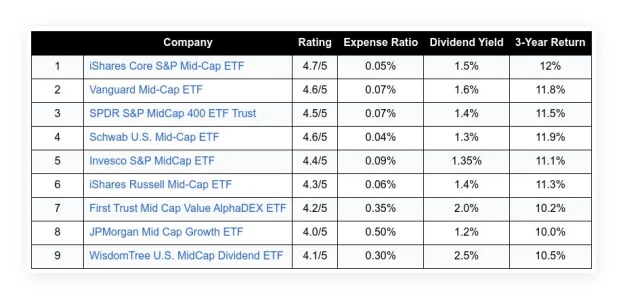Booz Allen Hamilton Holding Corporation (Booz Allen) is being instructed to pay the United States government $15,875,000 to resolve allegations that the company and a subsidiary knowingly submitted false claims to the Department of Defense.
The Justice Department has confirmed these claims, including a General Services Administration (GSA) order for computer military training simulators and systems for Department of Defense (DoD) agencies.
Agencies in the GSA framework, including the United States Air Force, would depend on Booze Allen’s subsidiary, Booz Allen Hamilton Engineering Services LLC (BES). The company operated throughout the United States but had specific consultant locations in Annapolis Junction, Maryland, and Dayton, Ohio.
Booze Allen subsidiary to pay $15.875M to the Department of Defense.
“This case demonstrates the unwavering dedication of the DoD Office of Inspector General’s Defense Criminal Investigative Service (DCIS), along with our law enforcement partners, to aggressively pursue those who undermine the integrity of the DoD contracting process,” said the Honorable Robert P. Storch, Inspector General of the Department of Defense.
The case involved a military simulator for the United States Air Force tasked to BES to deliver these services as part of the GSA contract.
The Justice Department reported that “John G. Hancock and Karen K. Paulsen knowingly engaged in a fraudulent course of conduct with Keith A. Seguin, then a civilian Air Force employee and contracting official, and David J. Bolduc Jr., the co-owner and manager of a BES subcontractor, QuantaDyn Corporation.”
QuantaDyn was tasked by the pair to deliver the training components as part of the contract, which included 37 modules awarded to QuantaDyn.
The government has investigated the procurement of the contract award to BES and, as a result, QuantaDyn. It found that Seguin, who had knowledge of the confidential government contracting and budget information, illegally divulged certain aspects to Hancock and Paulsen to give them an advantage in securing the contract.
“Government contractors that improperly receive confidential government information during the procurement process corrupt the integrity of that process,” said Principal Deputy Assistant Attorney General Brian M. Boynton, head of the Justice Department’s Civil Division.
Image: Pexels.














